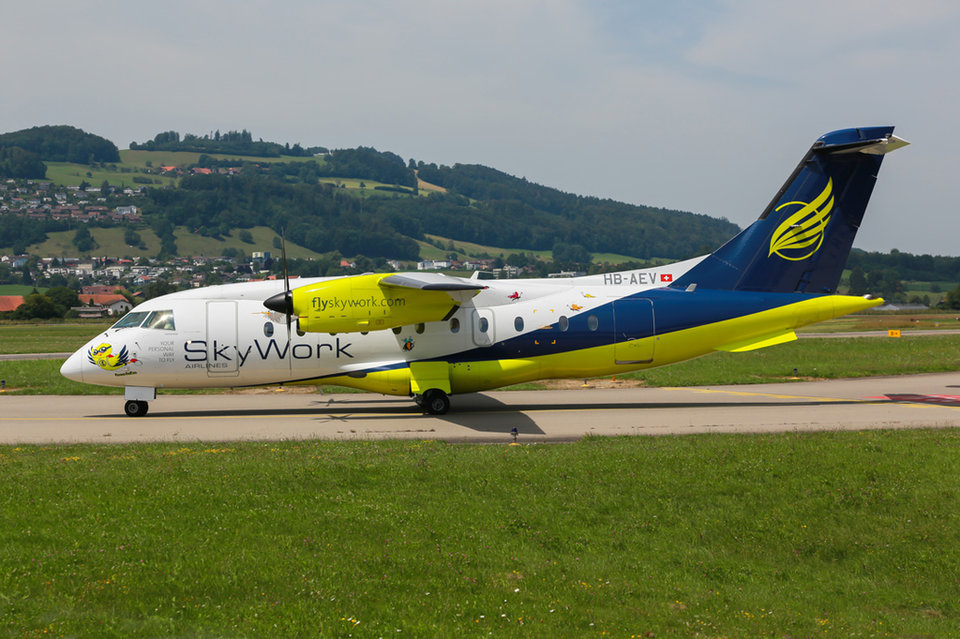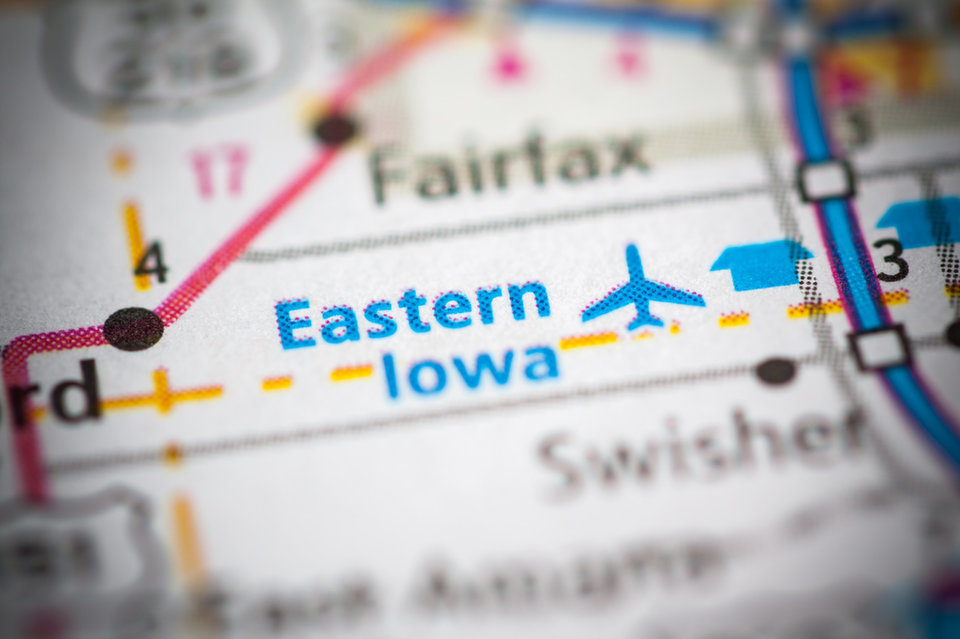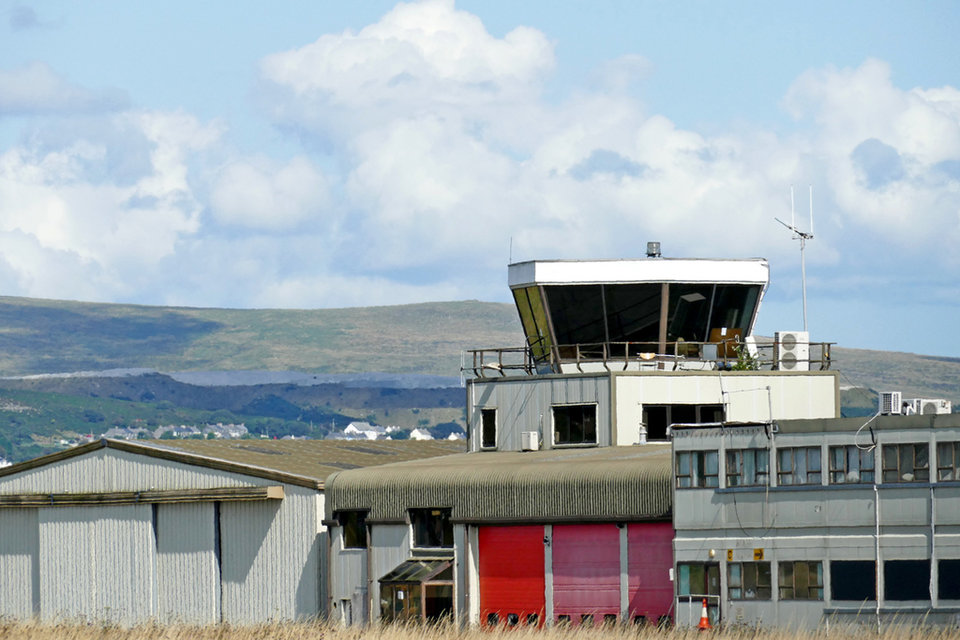Finance
the potential of crowdfunding for aviation projects
Crowdfunding has never been particularly popular in aviation, but with many small airports and airlines often struggling to get financial support, could it become the solution to lack of funds? And to what extent can the industry appeal to the loyalty of its customers? Adele Berti takes a look at crowdfunded aviation projects to find out.
A phenomenon that has drastically re-shaped sectors including filmmaking, healthcare and charity, crowdfunding is defined as a “way of raising finance by asking a large number of people each for a small amount of money”. Users will typically employ it to support their projects, ventures or start-ups, often as a way of kick-starting initiatives that fail to attract private investment.
The fast growth of websites such as Kickstarter and Indiegogo has provided funding for thousands of causes around the world. Very few of them, however, have to do with aviation, a high revenue-generating industry that annually contributes $2.7tn to the global economy.
Crowdfunding is hardly a common practice in the aviation sector, which traditionally requires far greater funding than the average Kickstarter project. Nevertheless, recent examples show that there is scope for it to have an impact when it comes to local, community-driven initiatives.
From launching a new airline in Switzerland to the reopening of a regional airport in England, here are some projects currently betting their future on crowdfunding.
Image:
Bern Airport’s upcoming ‘people’s airline’
Crowdfunding is all about successfully appealing to a specific audience. In the case of airports, this typically means getting to the heart of loyal customers. Switzerland’s Bern Airport is trying to do just that as it continues to raise funds for the launch of its new airline FlyBAIR by May 2020.
The new carrier is hoped to help re-establish scheduled flights at the airport, where services have been limited to charter and government flights, private jets and light aircraft since previous airline SkyWork ceased operations in 2018.
Just over a year later, the Swiss airport asked locals to support its new venture, the creation of a new ‘people’s airline’ that will offer flights to a range of European destinations including Kos, Crete, Menorca, Olbia and Palma de Mallorca.

SkyWork Airlines ceased operations in 2018. Image: Mike Fuchslocher / Shutterstock.com
A key element of the airport’s project is the pledge to run FlyBAIR as a ‘virtual airline’, which won’t own any aircraft but will rather handle marketing operations. Partnering companies in the area will be, on the other hand, responsible for providing planes and operating flights.
With an overall goal to collect CHF2.5m via online crowdfunding, there are now good chances this initiative will soon come to life. In November last year, the company announced that almost 1,400 Bernese privates and companies had already donated about CHF1m in less than a month. At the time of writing, donations are still open to the public, although the airport is also in talks with privates.
Eero Knuutila is Head of Service Development at Helsinki Airport.
Image courtesy: Helsinki Airport
Iowa’s Wings 2 Water project
Last autumn, Eastern Iowa Airport in the US launched a crowdfunding initiative that targeted its customers’ sustainable consciousness. Motivated by a lack of state funds to improve water quality, the airport is currently raising money to finance a series of environmental conservation projects in the area. These include restoring local water quality and cleaning up the so-called ‘dead zone’ in the Gulf of Mexico, where nutrient-filled water makes the area uninhabitable.
As part of the initiative, passengers are invited to watch an informational video when connecting to the airport Wi-Fi. They can also opt to add small donations to their purchases both on-site and online, as well as pick one of four local projects funded by the Wings 2 Water programme.

According to airport officials, about $130,000 of the total $250,000 had been raised as of October 2019. Looking ahead, Eastern Iowa Airport is encouraging neighbouring airports to participate. In particular, the hub has called for the other 185 airports located in the Mississippi watershed area to launch similar initiatives.
As Eastern Iowa director Airport Marty Lenss said in October: "If we can roll this network out within that watershed through airports and our natural marketplace terminal, we can really make improvements towards ultimately the Mississippi and the dead zone goal.”
FlyPlymouth’s campaign
England’s Plymouth City Airport has been shut down for almost ten years. Once a relatively prosperous hub, serving some 158,000 passengers per year, it was heavily impacted by the withdrawal of flights to London in 2011, which drastically reduced this number and eventually led to its closure.
But this decade-long inactivity has not gone entirely unnoticed. Over the past few years, the airport has managed to attract strong local support through the FlyPlymouth campaign, thanks to which it may soon open its doors once again.

Plymouth Airport closed in 2011. Image: RogerMechan / Shutterstock.com
Members of the group have long been pushing for the restoration of the hub and to make it a centre for electric aviation by 2030. FlyPlymouth’s efforts to achieve this purpose date back to 2015, when the group launched a crowdfunder that raised over £20,000. Having initially used the sum to engage aviation experts, the campaign started a second crowdfunding request in 2017 when it received a further £38,000.
A new venture into the low-cost, long-haul market
Just as Bern closes in on the launch of its FlyBAIR, an airline in the UK is preparing to enter the even more challenging market of low-cost, long-haul flights.
Branded flypop – the last part of which stands for People Over Profit – the Stansted-based start-up carrier was first unveiled in 2016, when it began crowdfunding to raise £5m to support its first year of activity.

flypop was first unveiled in 2016.
In a successful attempt to both publicise itself and attract new clients, the airline opted for a rewards-based crowdfunding scheme that gave donors benefits including frequent-flyer offers, discounts on flights, free Wi-Fi and more. The company also strongly stressed its sustainable and charitable commitments, which include a pledge to donate part of its profits to social causes and introducing a carbon offset charge on tickets.
Some four years later, flypop founder Navdip Singh Judge told the Telegraph of his hope to launch by summer 2020. However, this is still pending the last portion of funding worth £12m. Once operational, the airline will be serving the Indian cities of Amritsar and Ahmedabad, in an effort to serve the so-called visiting friends and relatives (VFR) market.
APOC’s seven crowdfunding projects
Dutch aircraft and engines leasing, trading and part-out company APOC Aviation has an impressive track record of successful crowdfunding campaigns, which it mainly uses to raise investment capital. The last one (of a total seven) was in April 2019, when it raised $2.6m in 90 minutes.
“Although this is the highest amount of money raised by a campaign,” APOC founder and managing director Max Wooldrik said in a press release, “it is not the fastest – last time we raised $1.1m in just eight minutes.”
According to him, at the core of these successful campaigns has been the company’s ability to build a relationship of trust with the crowd it appeals to. As he put it: “The first time we experimented with the method it took us 11 days to generate $900,000 but we paid it back early so that generated ‘trust’ within the crowd.”